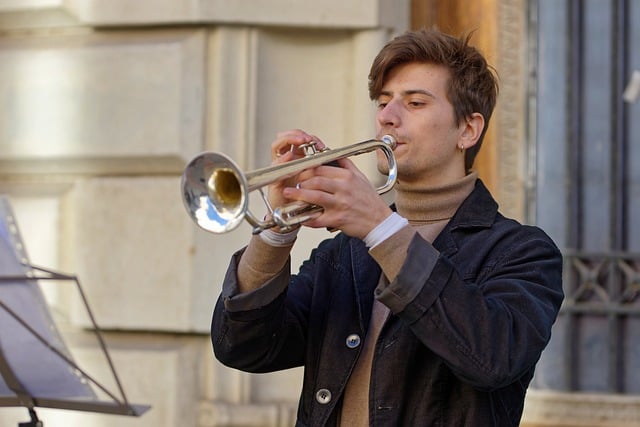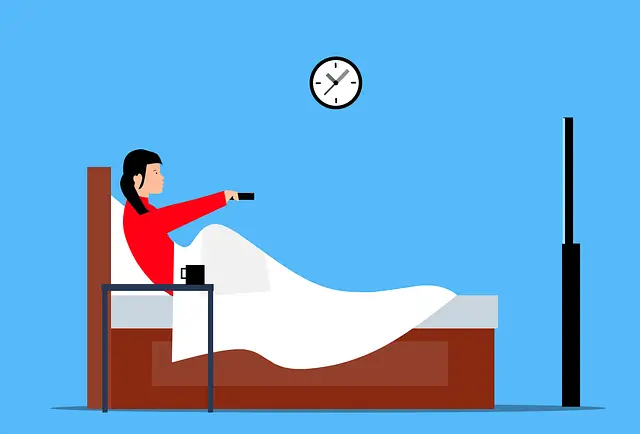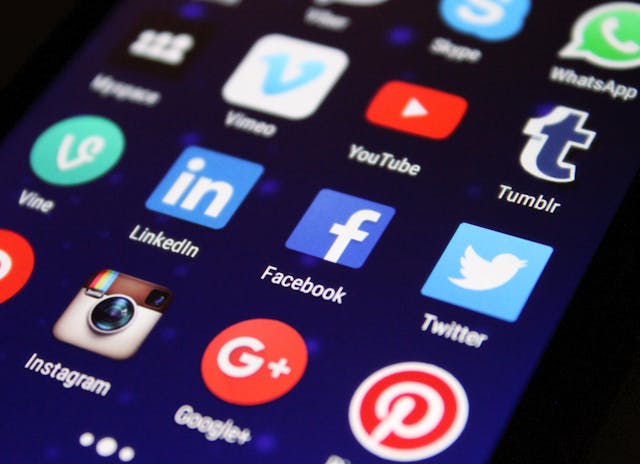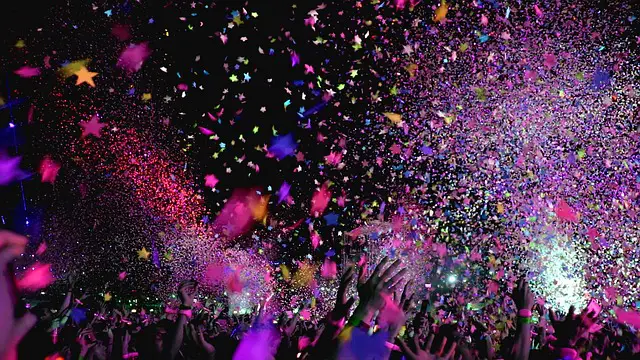Unveiling the Magic Behind-the-Scenes of Broadway Musicals
Celebrating Independent Record Stores.
Independent record retailers, like many others, have had a tumultuous 18 months. However, the happy return of Record Store Day festivities has seen vinyl fans rush back in large numbers, providing a timely and much-needed boost to the record shops that are at the heart of their local communities.

Tangible, tactile, valuable, and even addictive, the vinyl record’s particular attractions go well beyond the basic pleasures of its analogue sound, as enticing as that is. As we said in our blog, “buying a record and taking it home can be an emotional experience” in and of itself.
Let’s be honest, most of us could use a few more emotionally uplifting experiences right now, which is why it’s so encouraging that, after a traumatic 18 months for independent record stores and the music business as a whole, music fans are returning to the stores. There’s nothing like a nice browse on a Saturday afternoon to improve your spirits.

Celebrating Independent Record Stores.
The revival of Record Store Day in June and July has given independent record shops across the globe a much-needed boost, owing to a carefully curated selection of rare, exclusive, and limited-edition vinyl releases. This isn’t music for swiping left; it’s a collection designed to entice and captivate vinyl enthusiasts, with a heady mix of classics ranging from Black Sabbath to Thelonious Monk, as well as a slew of contemporary releases and even an exclusive Live-to-Vinyl release from Brighton-based band Squid, commissioned specifically for the event.
Splitting the Record Store Day event into two ‘drops’ (release and advertising events) has also been successful. Despite the various restrictions in place, independent record stores have seen a significant increase in footfall across both drops in June and July, with thousands of vinyl enthusiasts queuing in safe, socially distanced anticipation since the early hours of the morning to get first dibs on the new releases.
Go behind the counter.
Along with promoting the Record Store Day success story, we’d like to think we’ve made another small contribution to the vinyl revival this year: we collaborated with Classic Album Sundays and Record Store Day to present the Behind the Counter series, which highlights inspirational and well-loved independent record stores from across the UK and the US. Classic Album Sundays has all of the major episodes from both the UK and US series, and our YouTube channel has smaller videos that explore the relevance of excellent sound to the record shop listening experience.
Over the last three months, this 12-part video series has taken us on a journey across the UK and US, from Margate to Leeds and New Orleans to Kansas City, visiting independent record stores that play an important role in sharing music with fans in their local communities while also telling behind-the-scenes stories.
Along the road, we’ve encountered a lot of folks who, we believe, are similar to you: people who live, breathe, and most likely dream about music. Of course, what unites all of these record shop owners is their enthusiasm, energy, and unwavering dedication to creating an atmosphere for people in their neighborhood to share their love of music. As Cody of Jumbo Records in Leeds puts it, “I believe a record shop serves as a cultural focus for the town. When I enter a city, the first thing I search for is a record shop, which leads to other venues like pubs and restaurants.” Paul Hawkins, owner of Diverse Vinyl in Newport, perfectly captures Cody’s sentiment: “Through the decades, a record store has always been a place where someone who’s interested in music can come and hang out, talk about music, and meet like-minded people.”
So, what are you waiting for? Yes, you can always click to purchase while lounging on your couch, but browsing while listening is much more enjoyable, let’s be honest.
Generation Z and Vinyl Revival
Speaking of fun, we’ll conclude by celebrating a rather unexpected but very welcome trend in post-millennial music consumption: the growing number of young people adopting the vinyl format. Despite the prevalence of streaming services and mobile devices among younger music fans, a recent Record Store Day survey of over 140 participating independent record stores in the United Kingdom found that more than two-thirds of store owners had noticed a significant increase in the number of younger people getting into vinyl. Interestingly, more than 60% of the business owners polled indicated an increase in the number of women visiting their establishments.
According to Jack LeFeuvre, proprietor of Le Freak Records in Dundee, “We see a lot of young people buying vinyl in our store, and I believe it’s gradually becoming the norm in terms of how people want to listen to music nowadays.” Almost every artist will produce a unique vinyl version as part of their album promotion, which many music lovers will not want to miss out on.
Jake Holloway, co-owner of Love Vinyl in London, agrees: “I love the fact that there is a generation of people in their 20s who are buying records in the same way that I did when I was that age.”

Now, be honest: who saw that coming in the 1990s, when CD was at its peak popularity? Or, come to think of it, the late 2000s, when the iPod ruled supreme and Spotify was just getting started? And yet, here it is. According to the British Phonographic Industry (BPI), record companies will earn more from vinyl sales than CD sales in 2021, the first time this has occurred since 1987. It seems that vinyl, like the rock and roll songs that are intrinsically tied with the medium, will never disappear. If you haven’t tried it yet, now is the time–and don’t forget, there are plenty other music-lovers like you waiting to greet you at your local independent record shop.
FAQ
What are the four components of a Broadway musical?
Four Magical Elements of Musical Theatre: Songs and Spoken…
Four Magical Elements of Musical Theater: Songs, Spoken Dialogue, Acting, and Dance. Musical theater is a theatrical production that consists of four key components: songs, spoken conversation, acting, and dance.
What is it called when a Broadway musical returns?
This isn’t the end, however. The musical may continue to tour, regional theaters around the nation may stage a production, and it may be resurrected on Broadway. A revival is when a production that has previously closed returns to Broadway, usually with a new director and creative team.
Why are Broadway musicals so great?
Broadway Shows Designed for Group Experiences
On Broadway, you will see the height of theatrical craftsmanship. You’ll be enthralled by the performances of some of the most gifted talents in the entertainment world. There is nothing like it. Award-winning sets and costumes create an excellent setting for each narrative.
Why are they called Broadway musicals?
While Broadway musicals owe their name to the twentieth century, when many successful musicals were staged at theaters on the renowned Broadway Boulevard, a production does not have to be located on Broadway to be labeled “Broadway.” A Broadway play is a musical staged in a theater with more than 500 seats.
Why do Broadway performances end?
The primary reason for closing a lucrative show is that the contract or rental agreement has ended and cannot be renewed. This happened to Beatlejuice. While it was profitable when it closed, it was not performing well when a decision was made to set a closure date to allow another show to go into the theater space.






